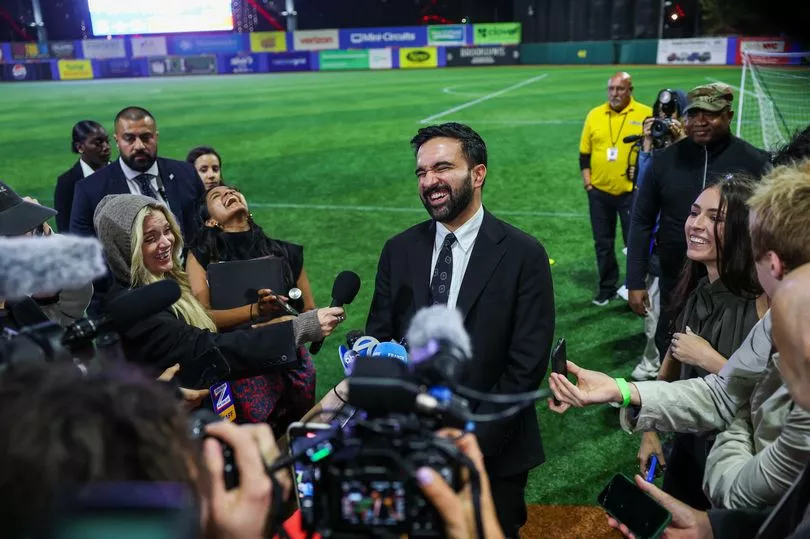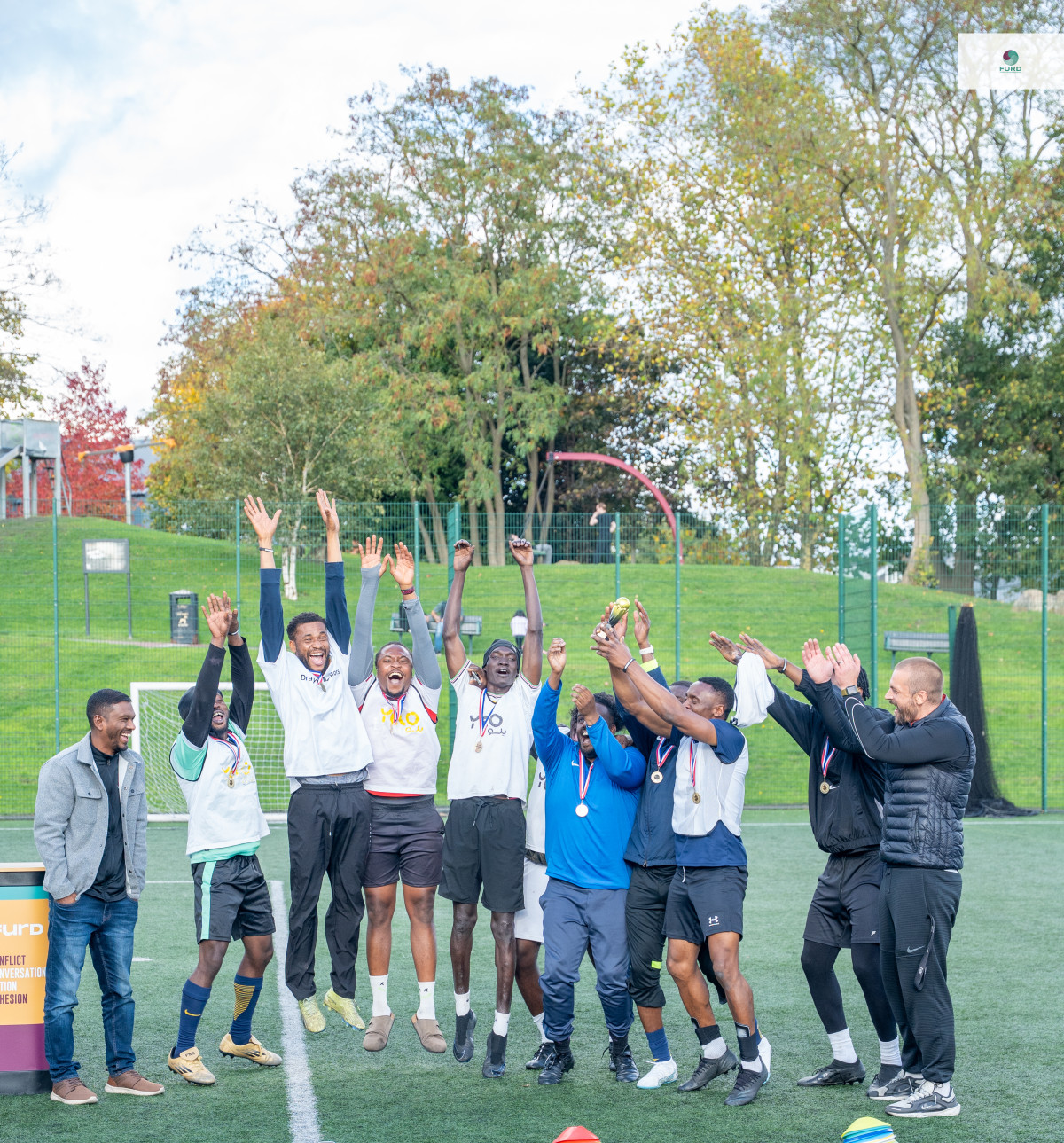Leading football administrators, former international footballers, European institutions, members of Fare and other opinion formers came together in Amsterdam at a seminar on institutional discrimination in football on Friday (12 December).
The Breaking the Glass Ceiling seminar, co-hosted by the Dutch FA, the KNVB and Fare finished with an ‘Amsterdam Pact’ adopted to push forward measures that will help to increase the representation of ethnic minorities, women and LGBT people in leadership positions.
A new report 'The glass ceiling in European football', commissioned by Fare and funded by UEFA, looking into the levels of representation of visible ethnic minorities and women in leadership positions, and the experiences of elite level ethnic minority coaches in European football, provided the basis for discussion.
‘There is speculation and there is data’
The research data produced by Dr Steven Bradbury (Loughborough University, England), with Dr Jacco Van Sterkenburg (Erasmus University Rotterdam, Netherlands) and Professor Patrick Mignon (INSEP, France), found that less than 4% of European football leaders are women, only 12% of women are employed as senior administrators, only 0.4% of ethnic minorities are employed in the same positions, and only 3.4% of elite level coaches with clubs and national teams are from an ethnic minority background.
Dr Bradbury highlighted the power of research, “I was surprised myself by the numbers we found. There has been so much speculation about these issues that it was good to be able to pinpoint data that can inform the debate in an informed way”.
As well as looking at the themes covered by the research, the seminar delegates addressed the barriers faced by the lesbian, gay, bisexual and transgender community from participating in football.
‘Game-changing event’
Frans Timmermans, a recently appointed European Commissioner for Better Regulation and the Charter of Fundamental Rights, reminded the seminar of the depth of football’s impact on modern society, he said that the processes of exclusion needed to be understood and urged Europe’s football administrators to plan to take action. “There’s no excuse not to act [against institutionalised discrimination]. If we do not we risk spoiling this great sport and the participation of future generations.”
Speaking about gender equality, Professor Kari Fasting of the Norwegian School of Sport Sciences, pointed out that the aim of action is not equal treatment but equal outcomes. To achieve a better representation for women, barriers need to be identified and systematically removed.
Michael van Praag, President of the KNVB, affirmed the seminar that the Dutch FA is determined to increase the number of women on its Boards despite the challenges. He said that one must ask “how can we interest women to apply for those positions.”
Earlier van Praag had spoken about the importance of the seminar for the Dutch FA, the reason they had linked it to the celebrations of their 125th anniversary dinner that evening and the fact that they viewed it as a “game-changing” event.
Seedorf, Roberts and Roy
In a session on ethnic minorities in coaching three black former players and coaches shared their experiences. Clarence Seedorf, Dutch international and former Milan coach, Bryan Roy, a former Ajax winger and Dutch international, and Jason Roberts, Blackburn Rovers and Grenada international agreed that more needs to be done to ensure equal opportunities for ethnic minority players.
They spoke in favour of the Rooney Rule, the regulation in the NFL that requires clubs to interview at least one ethnic minority candidate for every coaching vacancy.
Jason Roberts, a member of the Sports People’s Think Tank (SPTT) and one of the initiators of a report on ethnic minorities in coaching in England published in November said that: “We cannot wait any longer. Too few black players make it through as coaches; too much talent is lost and people drop out because they don’t get the chance to prove themselves and the support they need to excel.”
Amsterdam Pact
The seminar came to a close with a proposal for a policy paper, the Amsterdam Pact. The 4-point draft plan pledges to increase female representation at the highest political and executive levels and asks all member associations and partners to follow suit in identifying and promoting talented women into high-level positions.
It was agreed also to take steps to ensure that the diversity of
Europe is represented with the football family. This includes players, coaches, and fans from racial and ethnic minorities, and minorities on the basis of sexual orientation.
A football specific version of the Rooney Rule will be highlighted and recommended as a means of taking action on the under- representation of ethnic minorities in coaching and management positions amongst FAs and clubs.
Finally, the resolution asserted the need to ensure the safety of sexual minorities and create an environment in which opportunity is not restricted by prejudice or exclusion. This is done through education, information, support and diversity policies.





